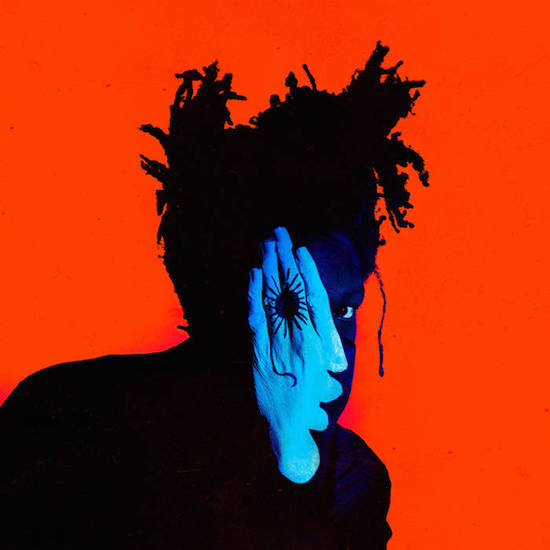A wall of whispered vocals and screeching strings opens L.A. Salami’s fourth studio album. In this short, fifty-second introduction, you’re eased into the world of Ottoline, which takes the South London artist to new realms of experimentation with genre, creativity and thematic focus.
While previous releases placed more emphasis on a folk-centred sound that drew comparisons to troubadours like Bob Dylan, Billy Bragg and Leonard Cohen, Ottoline builds on top of this rather than totally disengaging from it, with Salami’s lyricism picking up cues from the uncompromising, poetic rap of artists like Kendrick Lamar. The album’s first single ‘Desperate Times, Mediocre Measures’ perfectly embodies this; the unusual syncopated melody drawn out by Salami’s rap-like flow, which takes aim at the toxicity of certain power structures. As the first song on the album following the introduction, it sets out a mission statement in a way, indicating that Salami’s always potent political commentary has only been amplified by the marked addition of these new influences.
The cascade of lyrics in ‘Desperate Times’ is succeeded by a short skit which features a muted conversation, accompanied by that familiar ethereal backdrop. The inclusion of these short interludes throughout the album may feel random but they have the effect of providing a moment of reset, almost as if Salami is in the process of physically turning a page in a book to proceed to the next poem. When you return, as in the next track ‘The Full Form’, you’re once again immersed and hanging on to every syllable of Salami’s storytelling and introspection, offering glimpses into everyday concerns as well as wider existential ponderings.
‘The Full Form’ has a more obvious folk-based musicality thanks to the prominence of the acoustic guitar and the hazy, psychedelic accompaniment but there’s still a conversational, hip hop-inspired tone in Salami’s delivery which elevates his overall style. This is seen again in tracks like the candid song about life and its various complexities, ‘Systemic Pandemic’, which features a haunting harmonica that crops up often in Salami’s music, delicately woven around his urgent lyricism.
Elsewhere, there are more distinctly dreamy ruminations like the gentle ‘Is This Hell?’ with its plucked guitar or the wistful ‘Lady Winter’. In both cases though there is a prominent swell of brass, strings and more, which instantly makes the indie-folk foundation of these tracks feel much bigger, once again pointing at Salami’s playfulness with the experimentation on this album. Closing track ‘In Honour Of The Street Lights’ is a great example, the addition of a saxophone half way through adding an interesting counterpoint to the relatively simple melody.
Throughout Ottoline, Salami maintains an underlying melancholy in his lyrics and vocal delivery but then unexpected additions, like the carefree sax in ‘In Honour Of The Street Lights’, provide whimsical flourishes that reiterate the strength and vibrancy of the songwriting on the record. If Ottoline is a representation of a new stage in Salami’s artistry, it points to a deeply satisfying and bolder turn from the poet-musician.


